
by Mx. Kris Vyas-Myall
Computers seem to be appearing in everywhere these days, and now are coming into our schools.
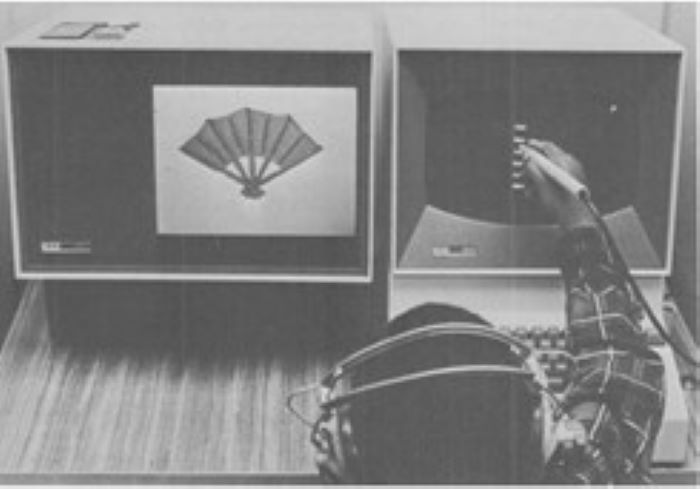
For the last few months, the Brentwood School in Palo Alto, California have been spending 30 minutes a day being taught by specially rigged up IBM 1800s.
One screen is setup to display images, whilst information is relayed over the headphones. The children will then answer simple questions using their “light pen” to write answers on another screen. If they answer correctly, it will move on to the next problem. If they do not, it will attempt to reexplain the problem in a new way, to see if it can help the child understand.
This kind of teaching appears to be effective, although it is likely to be a while before it is commonplace. The computers are still very expensive and there were issues with them breaking down (even, if the kids brought in a “get well soon card” to one of them). However, this kind of future is exactly the type that is being talked about in the latest series of Out of the Unknown.
Returning to the Unknown
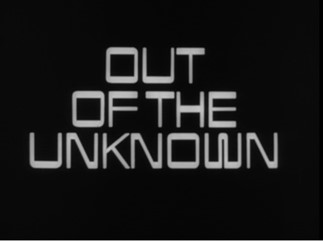
It feels to me that Irene Shubik was paying close attention to the response to last season. The most beloved stories of 1965’s series were probably Andover and the Android and The Midas Plague. As such the plays we have this season concentrate heavily on robotics, changes to the nature of humanity and scientific control of people’s lives.
Return of the Robots
Starting with our mechanical friends we get 4 tales of robots (although one I will address in a different section as not to spoil the twist occurring later in the episode). Perhaps unsurprisingly, given Shubik’s friendship and his fame in this arena, two of these tales are from Asimov which round off the season.
I have seen them both classified as comedies, however I would not place them within that genre. They are certainly not as laugh out loud funny as The Midas Plague was. Rather they are satires of human nature.

The first is Satisfaction Guaranteed (originally a Susan Calvin story but she has been removed, apparently so she could be used in the second tale’s frame without confusing the viewer) and concerns the creation of a humanoid servant to a housewife. At first, she is reticent about his presence but, as time goes on, she finds herself developing feelings. I had not been a fan of the original short story, but I found this one engaged me, particularly as I feel the ending is made more ambiguous and downbeat.
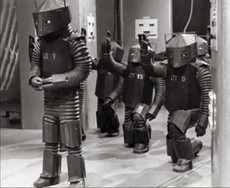
The second is even more impressive, The Prophet, adapted from Reason in Asimov’s famed I, Robot collection. In this episode, Susan Calvin tells an interviewer the story of robots on a space station developing a belief that the power source of the station is their Master and humans are merely inferior earlier models. The design work and performances on this are excellent, and the additions of the Calvin frame and religious touches to the robots’ ceremonies make for an interesting and thought provoking spin on an already much lauded tale.
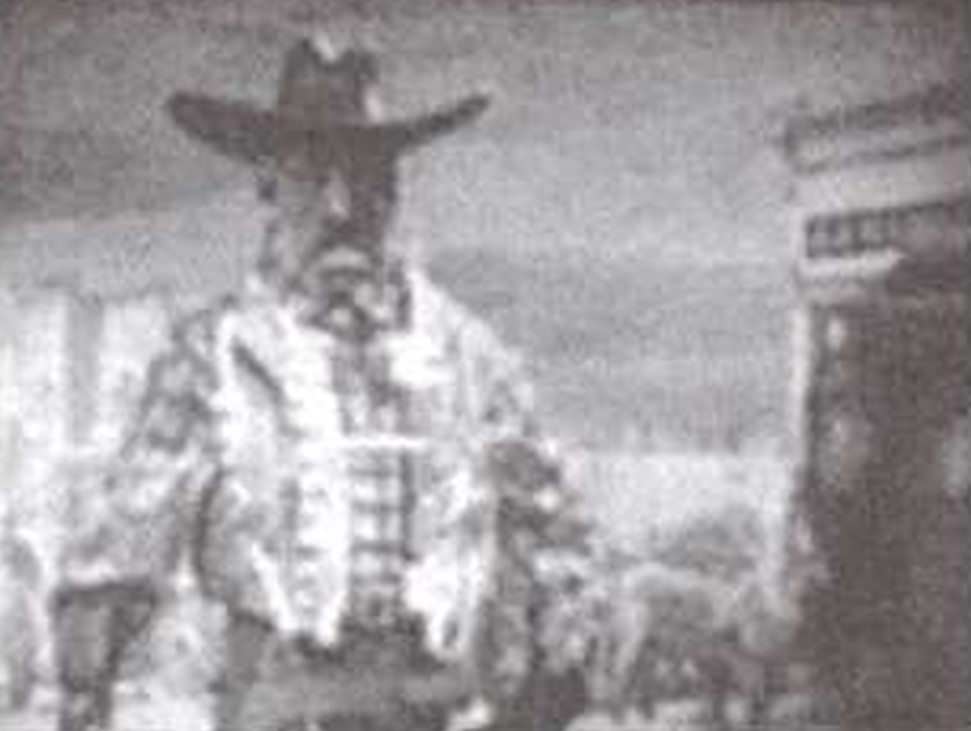
Less successful is the adaptation of Larry Eisenberg’s Fastest Draw. It wasn’t a particularly noteworthy story to begin with (our John Boston gave it just two stars) and it doesn’t amount to much on screen either. Having a millionaire want to relive a western using automata doesn’t end up being much more than a stretched-out version of a plot you might see on Gunsmoke or The Virginian. There is so much talking and padding the appearance of The Marshall is not so much a great reveal as just relief that events are finally unfolding. I think Robots and Westerns are just not meant to mix, on screen at least.
Whilst robots are a major part of the series, we also have Frankenstein-esque tales of scientists changing what it means to be human.
Frankenstein Marks 2, 3, 4 and 5
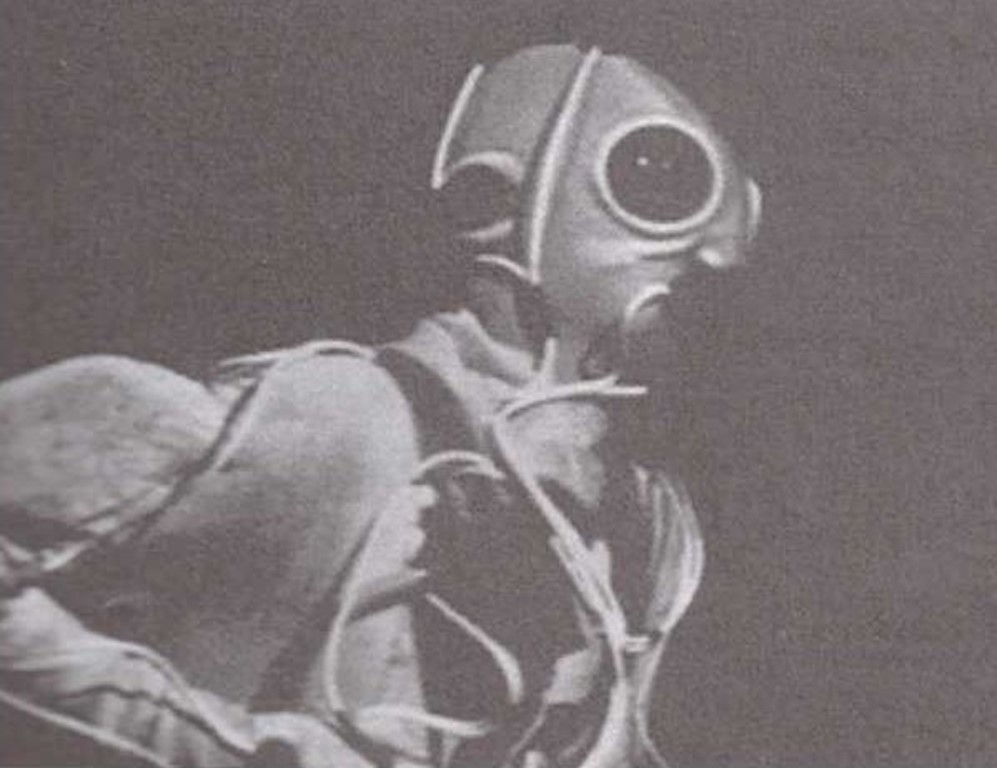
The most obvious example being Frankenstein Mark II, and not just in name. It follows Anna, whose ex-husband has seemingly vanished. After investigating she discovers he has been part of an experiment to change his body to be perfectly adapted to spaceflight. The unfolding mystery and horrific elements of this episode are well done but there just isn’t quite enough meat on this story as I would have hoped.
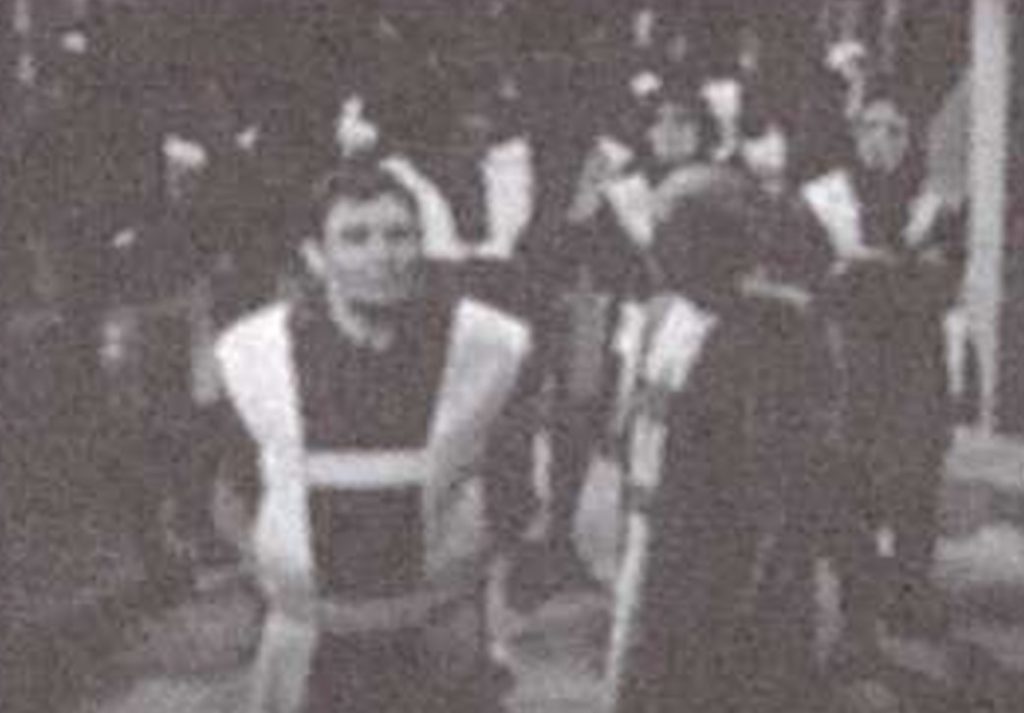
Watching Too Many Cooks, part of me wondered if Larry Eisenberg came up with the pun first and built a story around it. Humanity is in competition with a race called “The Sentients” from Alpha Centauri, to improve the position of the Solar System a plan is put in place to secretly duplicate their most successful scientist, Dr. Andrew Cook. As with some of these other pieces it starts out strong but by the end, I am left wondering what the point of it all was. It raises a number of interesting moral questions but then just lets them sit there without any real exploration. I still enjoyed it overall, just feels a little like a missed opportunity.
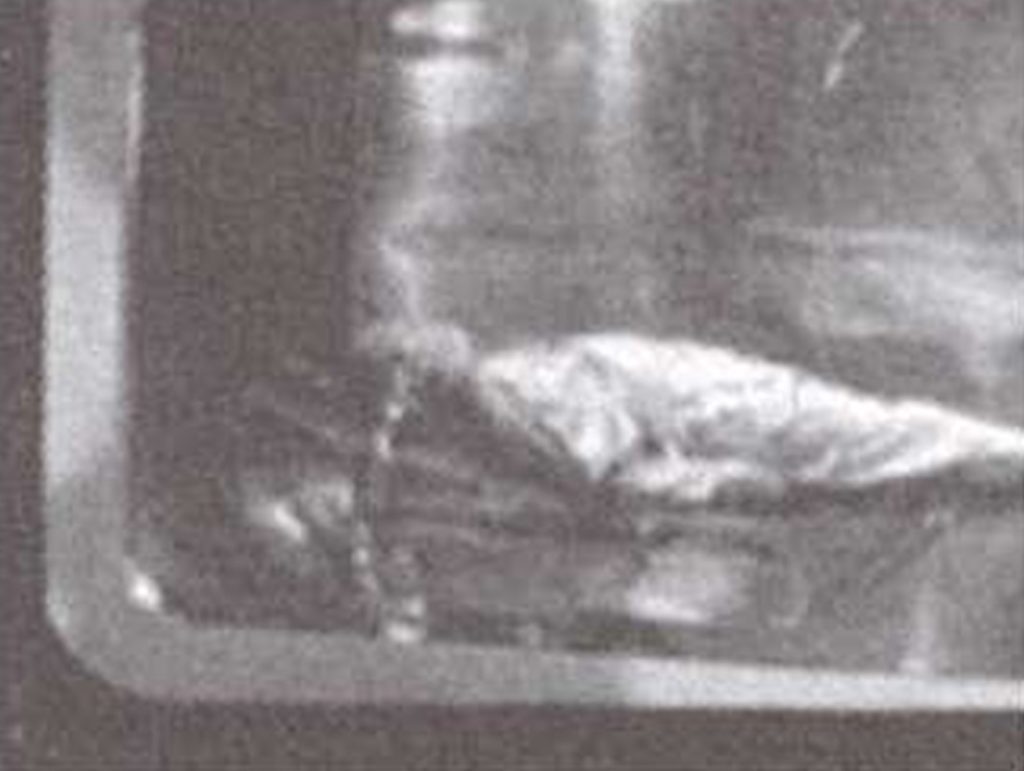
From duplication of an individual to a rebirth. Second Childhood starts out in a very memorable fashion with a game show, where the rich can risk a million pounds to win a prize money cannot buy. When Charles wins the jackpot, he is able to undergo an experimental operation to regain his youth. It then becomes an interesting morality tale following Charles, in some ways reminding me of Wells’ Invisible Man. Unfortunately, the ending is the kind of obvious twist that reminds me of the forgettable joke stories we used to get during Avram Davidson’s tenure editing Fantasy & Science Fiction.
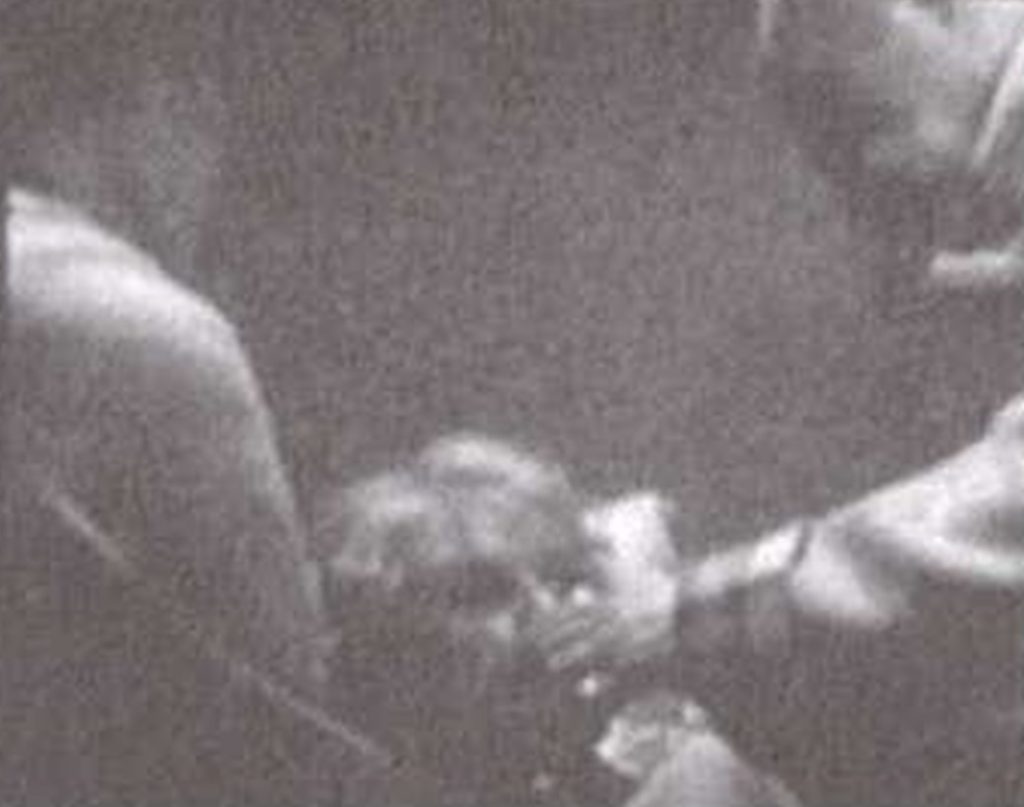
The final of this class of tales, Walk’s End, starts promisingly enough, with the unusual setting of an old people’s home, where something strange is happening to the residents. With the exception of some apocalyptic novels like Aldiss’ Greybeard, we don’t get many stories of old age in science fiction, here we get two. Whilst Second Childhood approaches it from the perspective of trying to recapture youth, this is about continuing old age, a very interesting topic given the current trend of people living longer. However, I felt it didn’t really develop anywhere and the ending was also less impactful than I believe was intended.
One interesting feature to note about these plays is they are all new for Out of the Unknown, even Too Many Cooks by Larry Eisenberg is an unpublished piece he submitted for adaptation. As in the first season, these seemed to also be the weakest of the stories, perhaps due to the writers not having as much material to work from?
However, the largest selection of tales this season are those where people find themselves in computerized futures, where their lives are no longer their own.
Tomorrow’s World
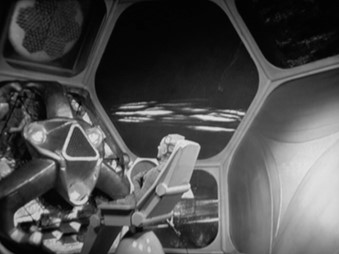
The Machine Stops opened the season and has rightly been acclaimed as among the best productions the show has yet done. Following closely E. M. Forster’s tale, humans live inside an environment completely controlled by The Machine, no one has to leave their rooms at all, they can make calls, learn, be entertained, give lectures and more all without standing up from their chairs. Whilst Vashti is content in this world, her son Kuno wants to explore life outside The Machine. It is a strongly constructed play, with beautiful design work, and a stand-out performance of Yvonne Mitchell as Vashti.
Curiously, in the Radio Times preview for this episode, it is stated that the set design was inspired by the Edwardian era as they felt the concerns were of the period. I personally think the idea of human disconnection due to over-reliance on machines has become more prescient, not less, as we enter the computer age, and this makes it even more a powerful piece for that.

Level Seven has an interesting history. This script was written by the much-acclaimed J. B. Priestley (famed for such works as The Good Companions, I Have Been Here Before and An Inspector Calls) for an unmade 1960 film adaptation of Mordecai Roshwald’s novel. This was purchased for the series, but it was too long and had a number of elements which would not work on TV. However, Priestley refused to make the edits, so it was up to Shubik to make the necessary changes in-between her producing work for the series.
In spite of this troubled genesis, it is an incredible and powerful play. It is a story of nuclear war, yet for much of the episode it is all kept at a safe tidy distance, as this is meant to be an impenetrable base for launching nuclear attacks from. The people live in this bubble as the realities of war are merely seen through screens and computer displays and they try to go on with their lives as the world above collapses.
One issue is that I could not help but compare it to The Machine Stops at times. Take these two sections of dialogue. First from The Machine Stops:
You talk as if God made The Machine. Men made it, do not forget that. Great men but men.
And then from Level 7:
We built the machine. We were very clever people, and the machines told us what to do and we did it.
I still think they are both strong and worthwhile plays, but it does highlight the limitations of choosing to concentrate on such similar themes in a single run of episodes
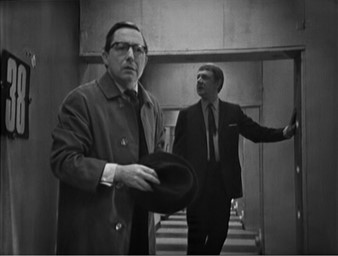
Talking of stories that feel familiar, I imagine anyone watching the series would be unsurprised to learn Tunnel Under The World comes from the pen of Frederik Pohl, responsible for last year’s Midas Plague. Rather than an unhappy man struggling to cope in a world where he is forced to consume, here he is forced to endure endless advertising. What makes the play interesting, from our perspective, is that we see the day repeats in almost exactly the same manner, only the nature of adverts he experiences changes, even if it is for the same few products. Mr. Pohl clearly doesn’t like the advertising industry much, but he knows how to spin a fascinating yarn about it and this goes in an unexpected direction for those not familiar with the original story.
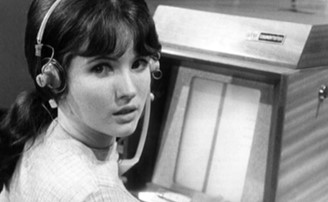
On the other hand, I don’t have much to say about The World in Silence. Set at a Further Education College, students are now being taught by teaching machines. But following a realignment the students seem to develop a kind of hive mind and take over the college as part of a computer system in themselves. Much like the story it is adapted from, Six Cubed Plus One by John Rankine, I felt there wasn’t enough there to build a tale around and I had trouble maintaining interest in it (in spite of the wonderful Deborah Watling in the lead).
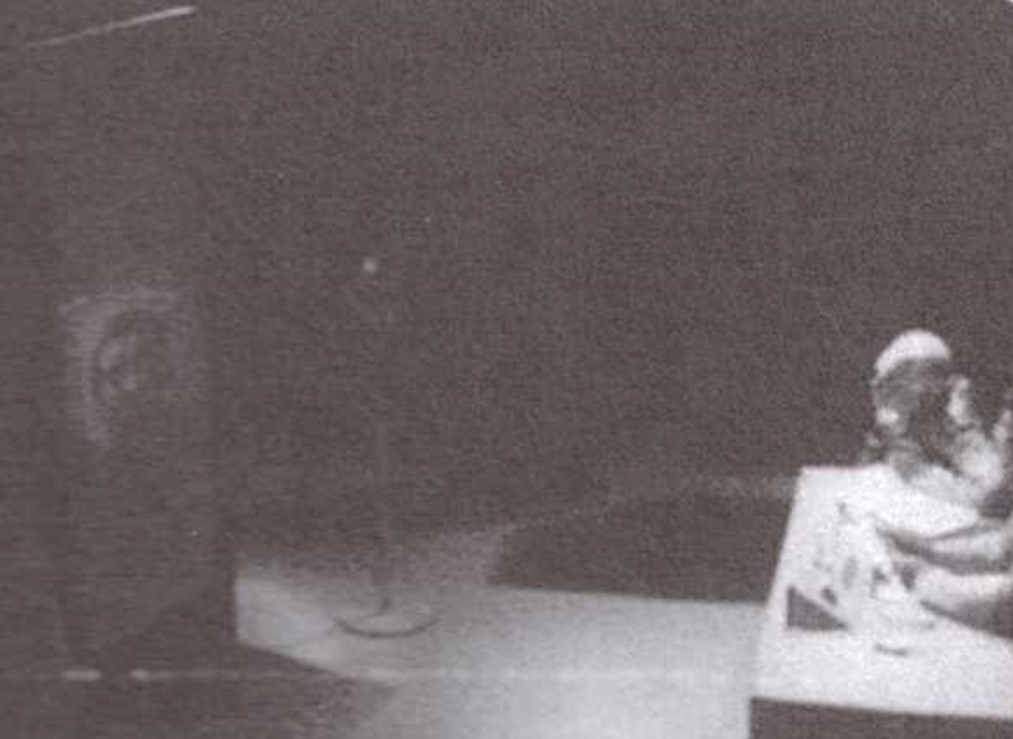
I did wonder if the same problems would plague The Eye (adapted from Private Eye by Henry Kuttner) with a story that is just discussing a possible murder case by watching it on a TV screen. The premise is that with someone’s life completely observed, the investigators can determine the guilt of anyone by simply watching through the events as they see them. But what they cannot know is what is truly in someone’s mind.
It did manage to use its format to its advantage and kept me more engaged than I expected, even if I felt the ending was a bit weak. It was not the strongest play Out of the Unknown has produced, but still very tightly constructed and well worth your time.

Lambda 1 I have saved reviewing until last as it is easily the strangest. Transport in the future is being performed by Tau, international journeys barely take any time by travelling directly through the Earth via atomic space. On its way between New York and London, the Tau ship Elektron, slips into the theoretical Omega phase and becomes stuck in atomic space The controllers in London attempt to find away to retrieve them, whilst the passengers find themselves in a realm of nightmares.
Lambda 1 was not a short story I had personally rated highly (although Mark Yon gave it 4 stars) but the uniqueness of this play from the others in 1966 makes it memorable and shocking. It is probably destined to be one of the most controversial of the series entries, where viewers will either love or hate it. Personally, I came down on the positive side, appreciating the attempt to do something different, even if I didn’t quite understand all of it.
Into the Known

So, a strong season overall; however, I do believe it could have benefited from more variety as we had in the first run. Robots and Orwellian fiction are a key part of SF, but we have seen this show can do space voyages, time travel or alien encounters just as well.
Another season has been already confirmed and it is planned to be broadcast in colour later this year. Whilst news has emerged that Shubik is moving on to running the BBC’s top anthology slot, The Wednesday Play, she has said she will not leave her current post until all the scripts are in place for a third series. This should hopefully avoid any delays and the future looks bright for Britain’s premiere science fiction television show.
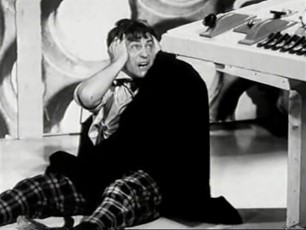


![[March 10, 1967] Mediocrités, Slayer of Magazines (April 1967 <i>Galaxy</i>)](https://galacticjourney.org/wp-content/uploads/2022/03/670310cover-672x372.jpg)


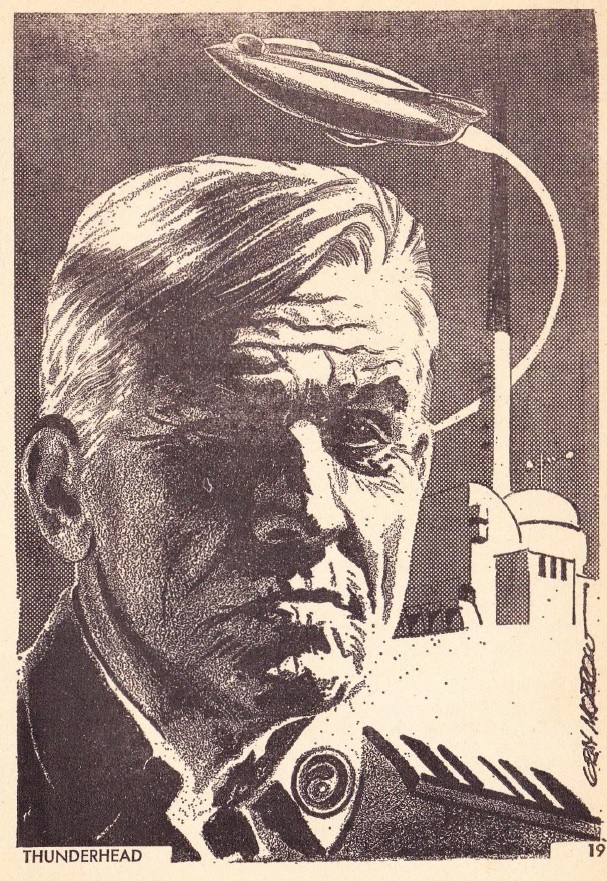
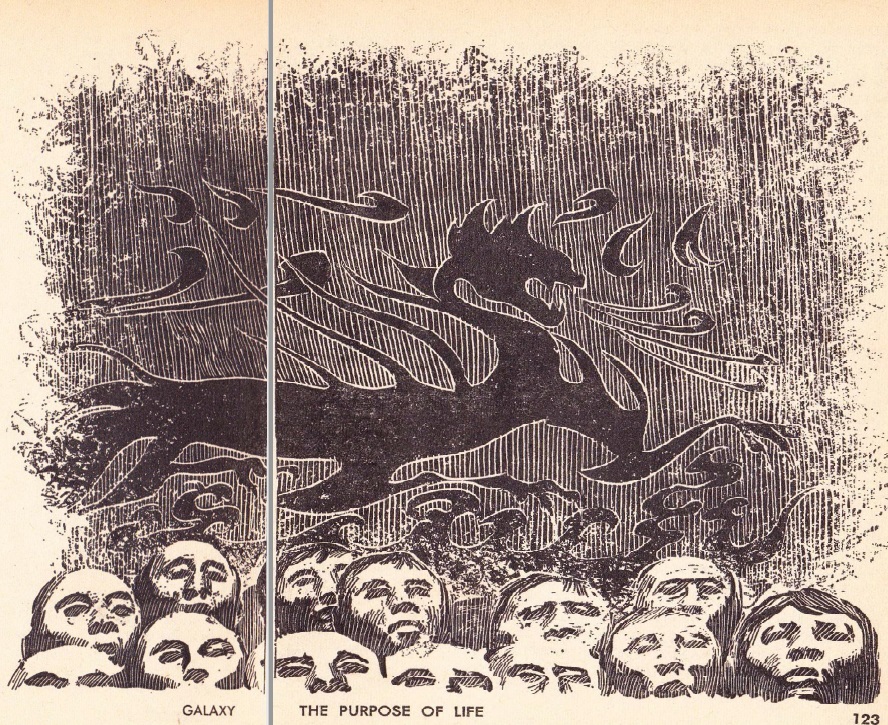
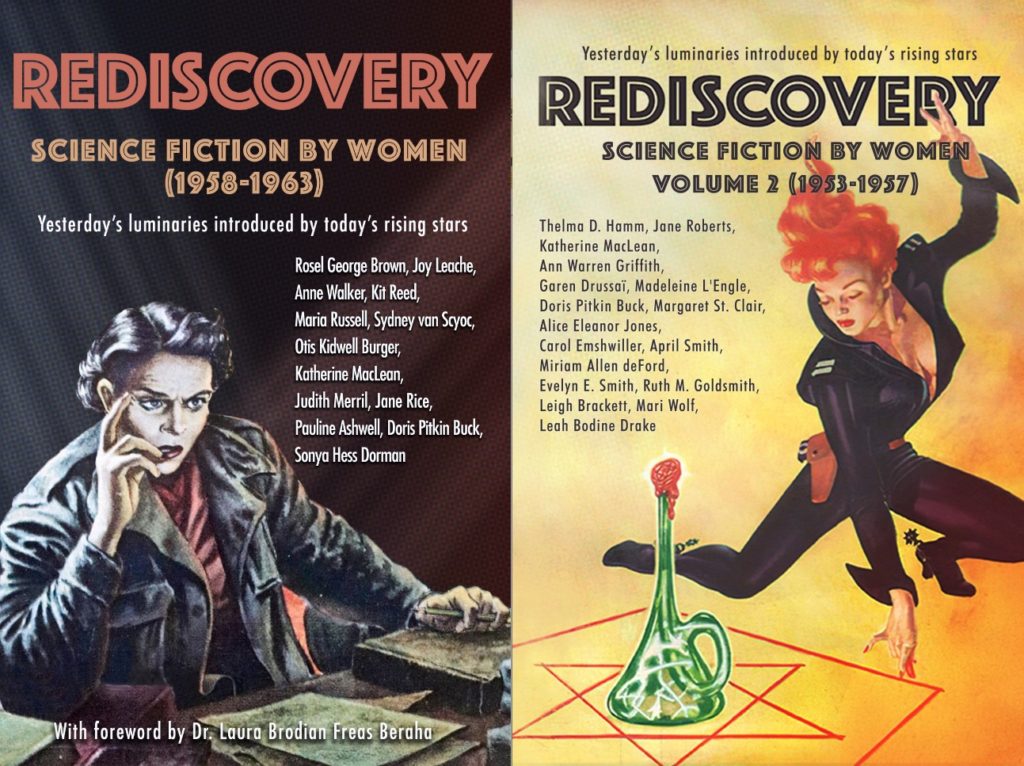
![[March 8, 1967] Absolute perfection (<i>Star Trek</i>: "This Side of Paradise")](https://galacticjourney.org/wp-content/uploads/2022/03/670308title-672x372.jpg)




















![[March 6, 1967] Men On The Moon (<i>Doctor Who</i>: The Moonbase)](https://galacticjourney.org/wp-content/uploads/2022/03/660306invasion-672x372.jpg)

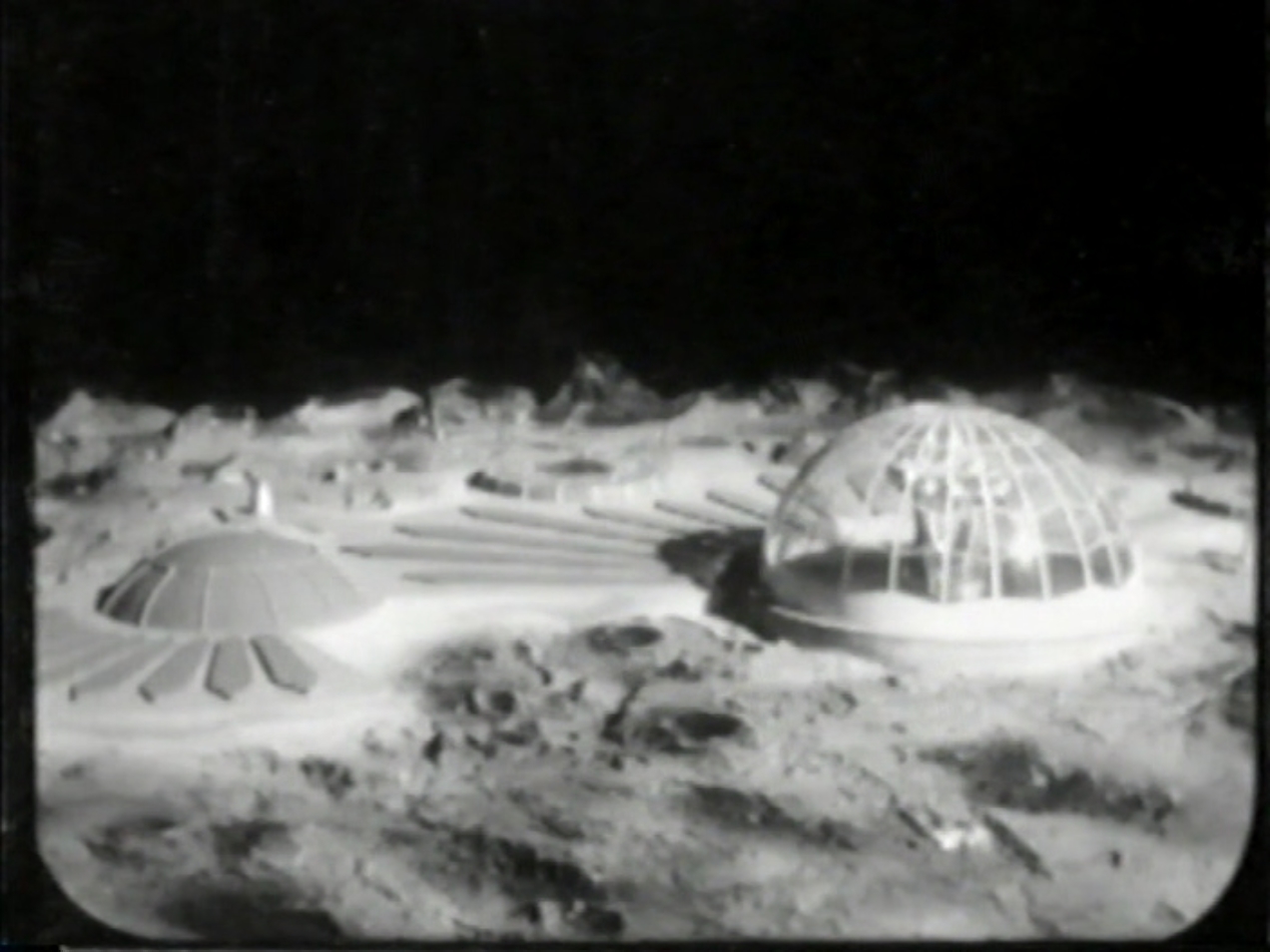
![[March 4, 1967] Mediocrities (April 1967 <i>IF</i>)](https://galacticjourney.org/wp-content/uploads/2022/02/IF-Cover-1967-03-672x372.jpg)

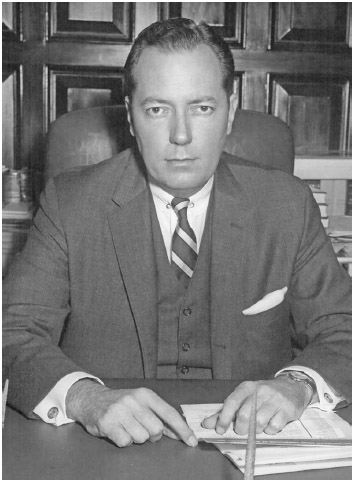
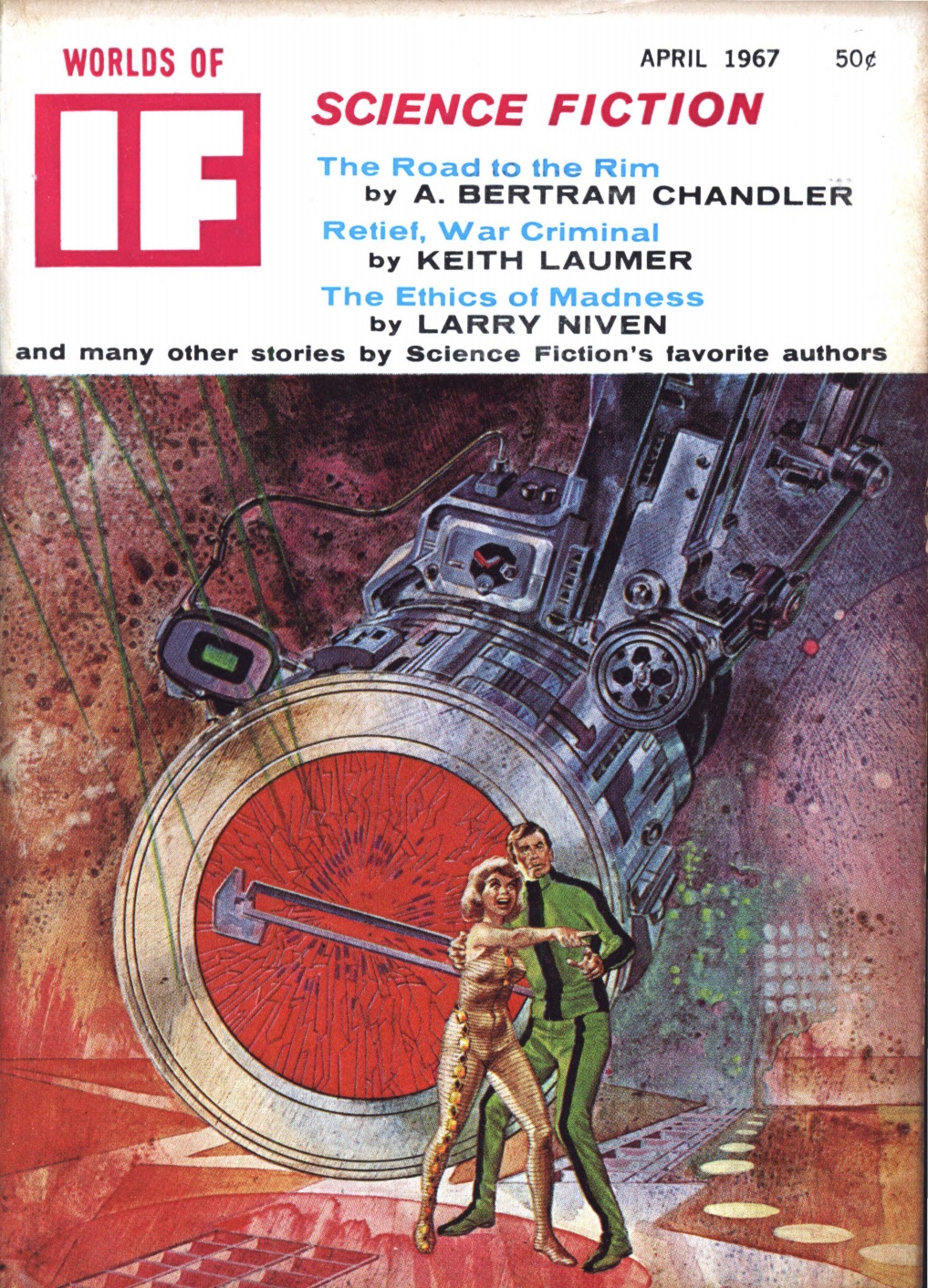
![[March 2, 1967] (<i>Star Trek</i>: "A Taste of Armageddon")](https://galacticjourney.org/wp-content/uploads/2022/02/670302title-672x372.jpg)














![[February 28, 1967] The Big Stall (March 1967 <i>Analog</i>)](https://galacticjourney.org/wp-content/uploads/2022/02/670228cover-672x372.jpg)
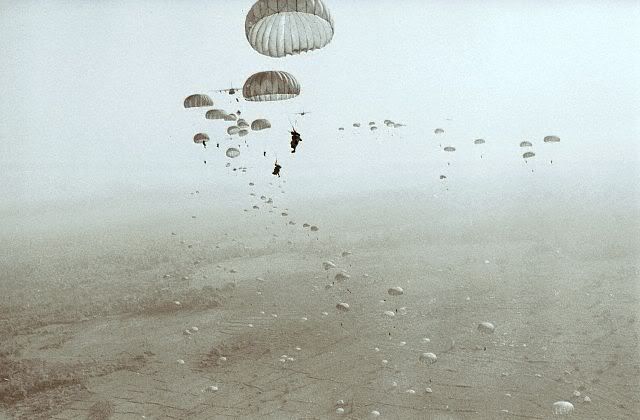

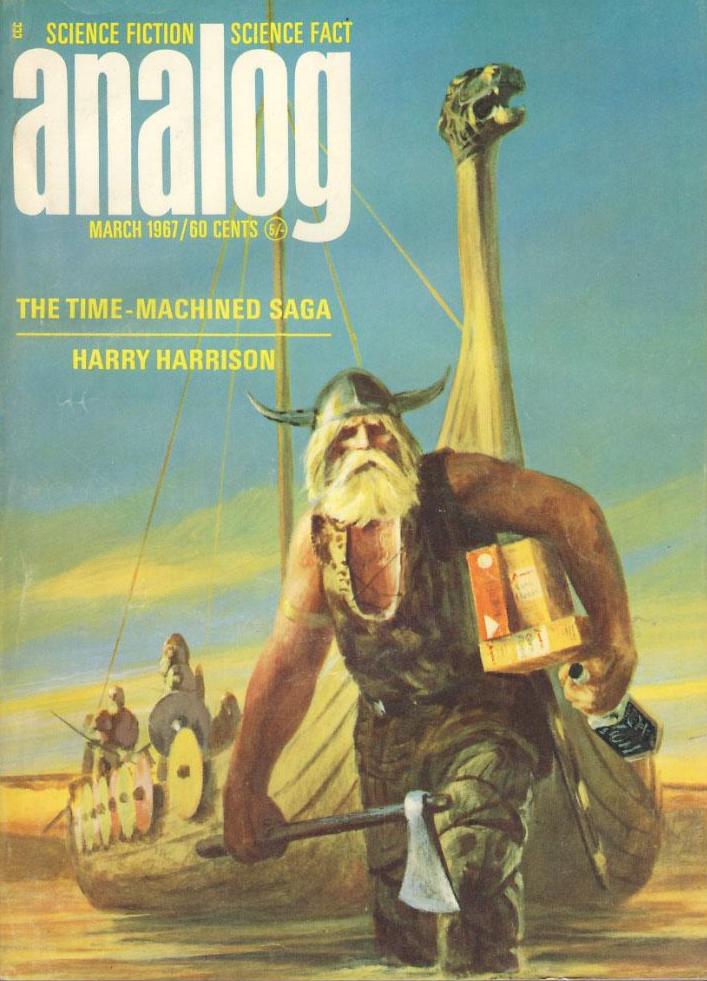
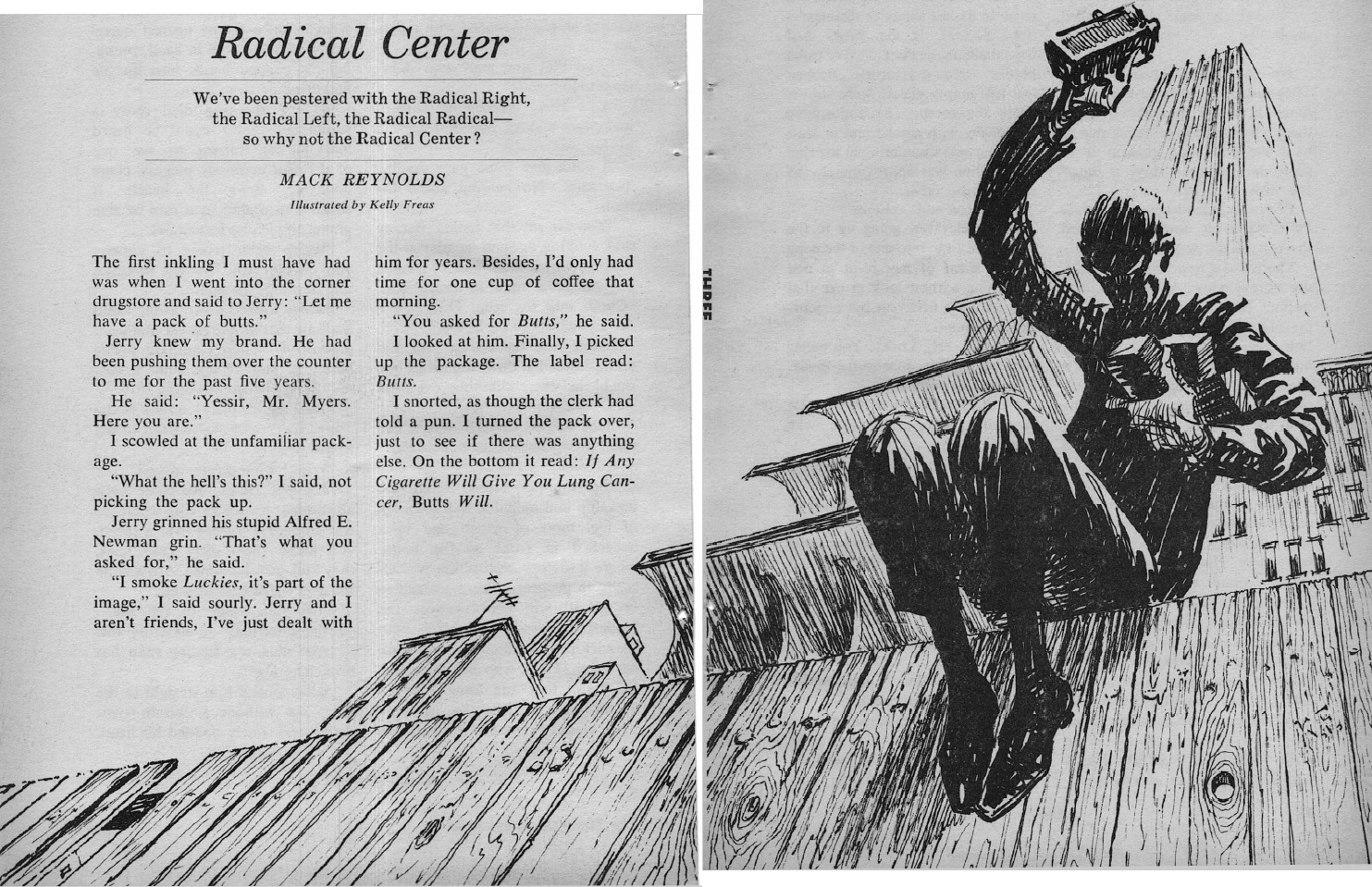
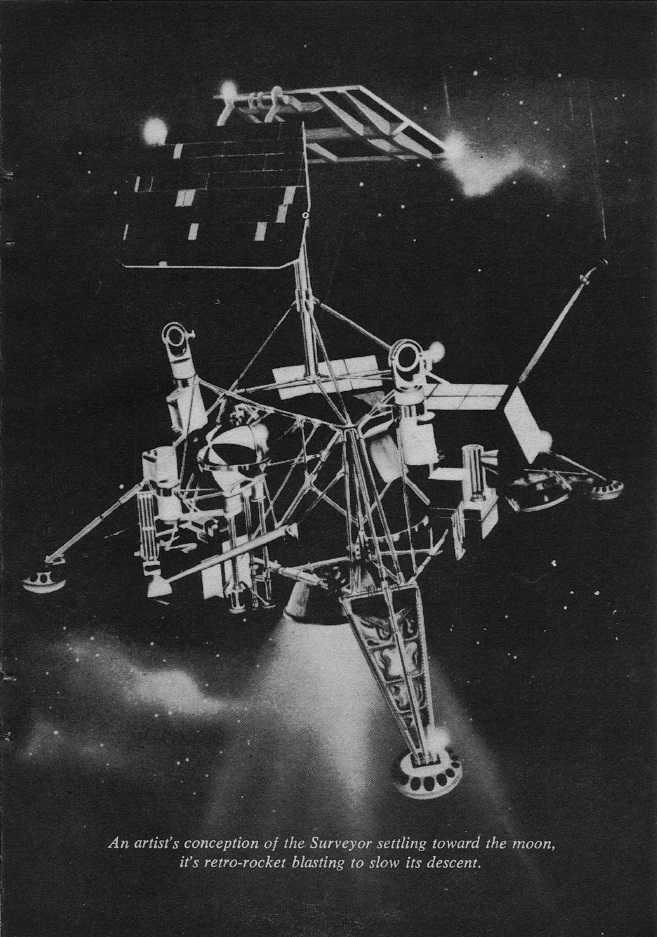
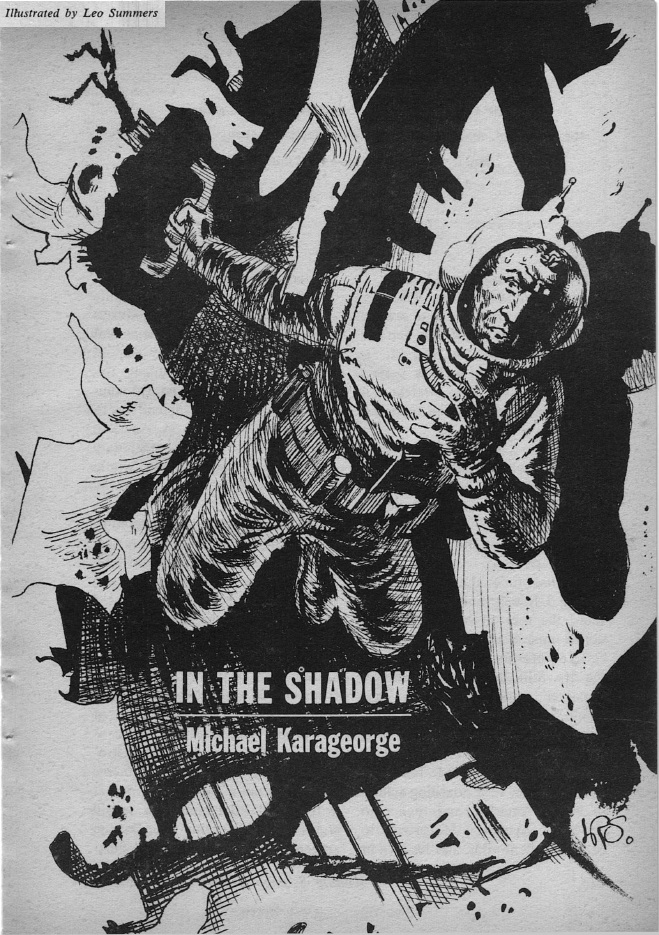
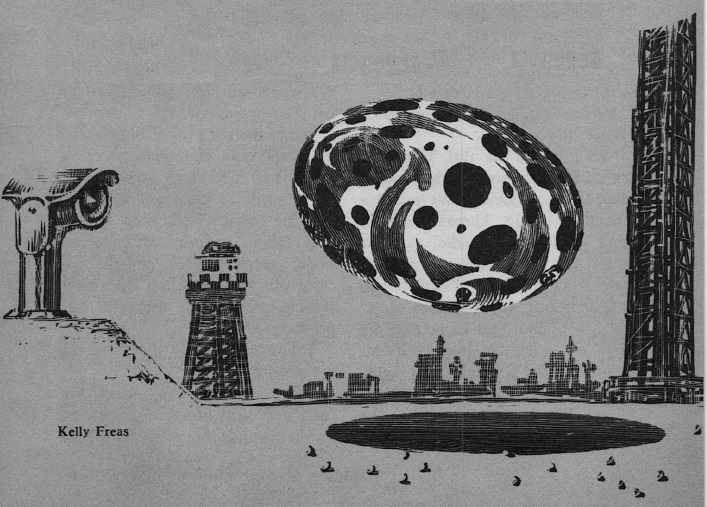
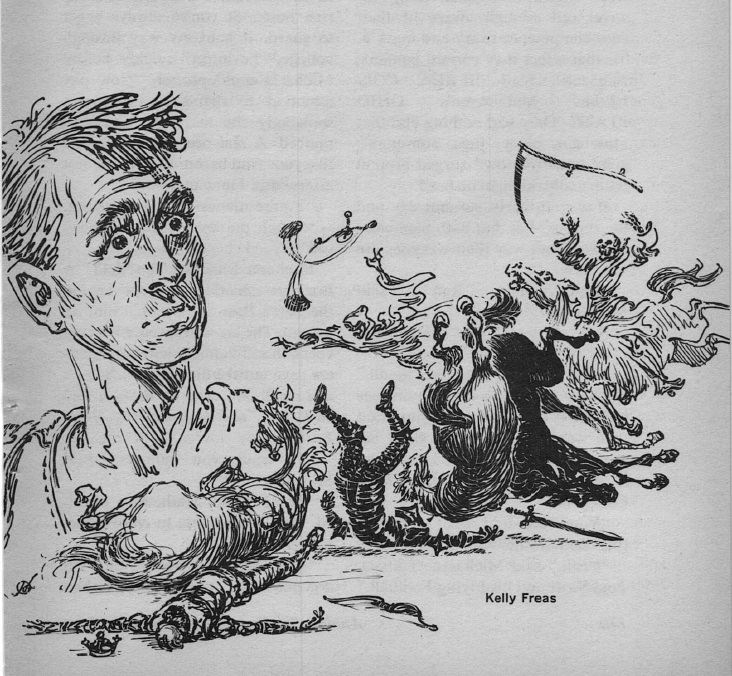
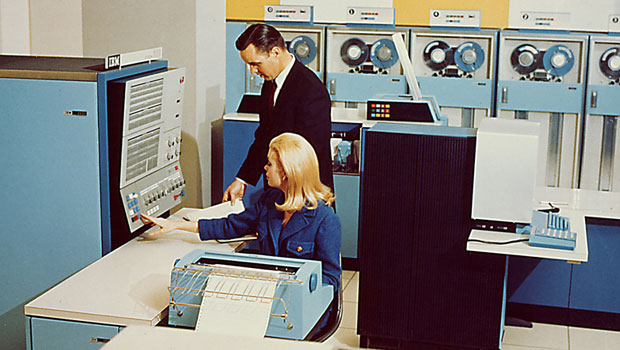
![[February 26th, 1967] Geoffrey Beene, The Master of Modernity](https://galacticjourney.org/wp-content/uploads/2022/02/03.jpg)

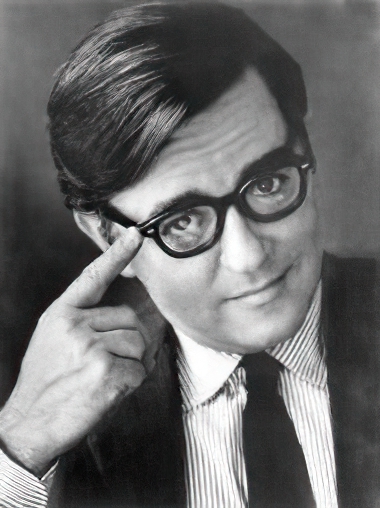




![[February 24, 1967] Changes Coming (<i>New Worlds and SF Impulse</i>, March 1967)](https://galacticjourney.org/wp-content/uploads/2022/02/New-Worlds-March-1967-672x372.jpg)






![[February 22, 1967] Where some (super)men had gone before (<i>Star Trek's</i>: "Space Seed")](https://galacticjourney.org/wp-content/uploads/2022/02/670222title-672x372.jpg)
